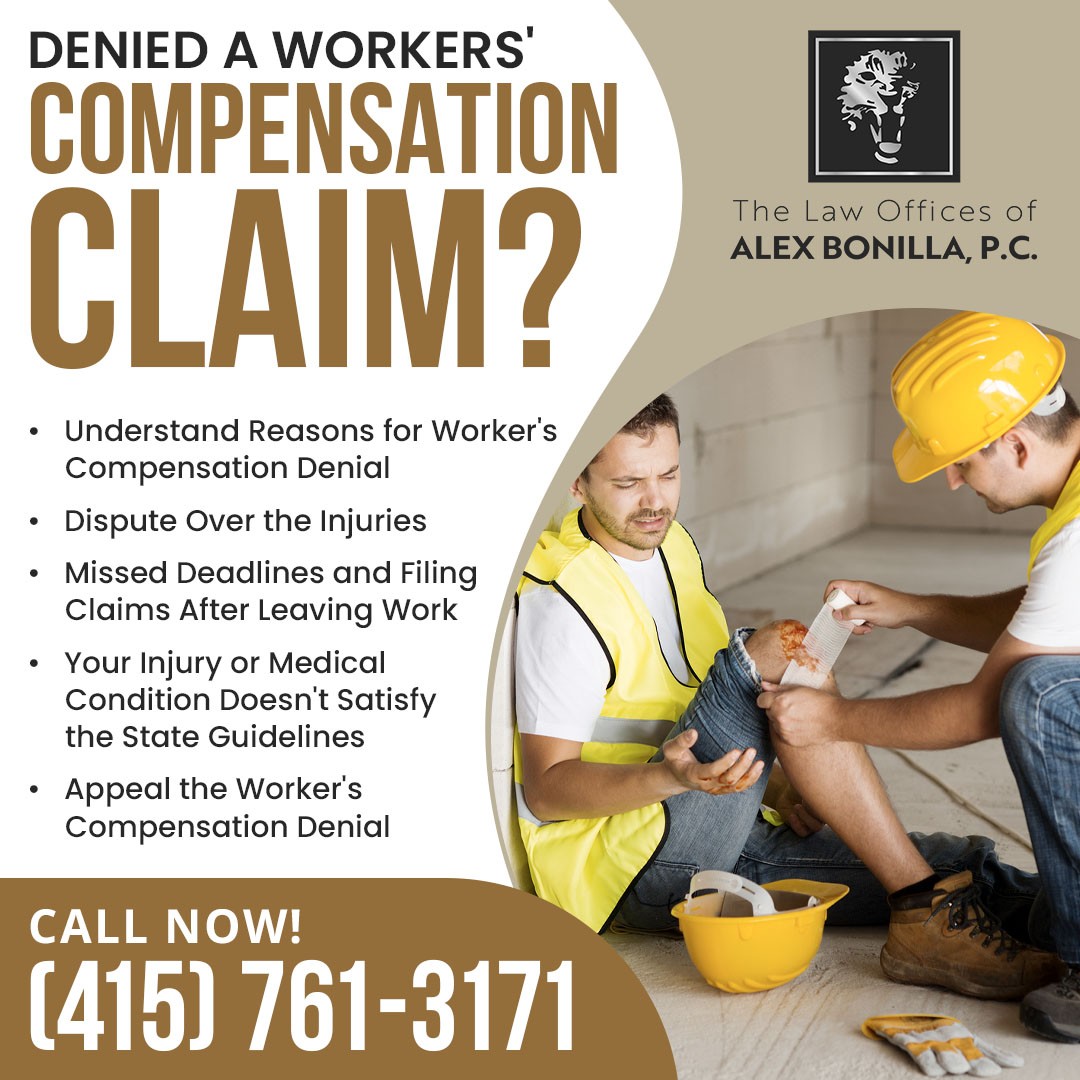When you develop medical complications or are injured because of your work, you have to file for workers’ compensation. You do this by filing for a workers’ compensation claim. Your claim will be assessed for eligibility. You will receive financial compensation to cater to your hospital bills if you qualify. Your workers’ compensation can also be denied. What should you do when you are denied this crucial financial compensation according to a workers’ compensation attorney?
Understand Reasons for a Workers’ Compensation Denial
There are several reasons why workers’ compensation may be denied. In most cases, insurance companies and employers look for these reasons to oppose worker's compensation claims. Understanding those reasons will help you get compensated in case of injuries and medical complications due to your work. These reasons include:
Dispute Over the Injuries
Your employer can contest the genuineness of your claim by questioning the circumstances surrounding your injury or medical condition. For instance, an employer can claim that you were engaged in misconduct and not working when the injury occurred, or you had an existing medical condition when working. You have to collect evidence to justify your workers’ compensation claim. Part of this evidence could be a witness who will corroborate your story by accounting for the circumstances surrounding the accident that led to your injuries. You might also need additional medical evidence to back up your claim. This can be done by seeking a Qualified Medical Evaluation (QME).
Missed Deadlines and Filing Claims After Leaving Work
When injuries happen at work, you need to first report to your employer before filing a workers’ compensation claim. Inform your employer immediately the injury happens. After that, find out about the deadline of filing a workers’ compensation claim and submit your claim before the deadline. Some states deny claims filed after the deadline.
Your Injury or Medical Condition Doesn't Satisfy the State Guidelines
Some states have special requirements for workers’ compensation claims. These requirements are usually for psychological conditions and cumulative trauma. Find out if your state has any special requirements that could necessitate claim denial.
Appeal the Workers’ Compensation Denial
Now that you understand the possible reasons for your workers’ compensation denial, you need to file an appeal. A letter of denial usually comes with instructions on how to appeal your worker's compensation denial. Please read it and understand the details.
The appeal process is different in each state but often involves presenting your case to a judge for a hearing. Here, you will present all your evidence, including medical reports and a witness account, to back up your claim.
Other Methods
Before appealing your workers’ compensation denial through a hearing, seek redress using other methods like calling your insurance company for a solution. If you need a workers’ compensation attorney to negotiate on your behalf or to handle your appeal, you can contact The Law Offices of Alex Bonilla, P.C.
Contacting a Workers’ Compensation Specialist
The Law Offices of Alex Bonilla, P.C. are specialists in workers’ compensation denials. You can reach the company by calling their office at (415) 761-3171 or emailing at alex@bonilla-law.com. You can also visit the company's premises for one-on-one consultations at 1390 MARKET ST STE 200 SAN FRANCISCO CA 94102-5404. The company will listen to your side of the story and help you appeal your workers’ compensation denial.

























